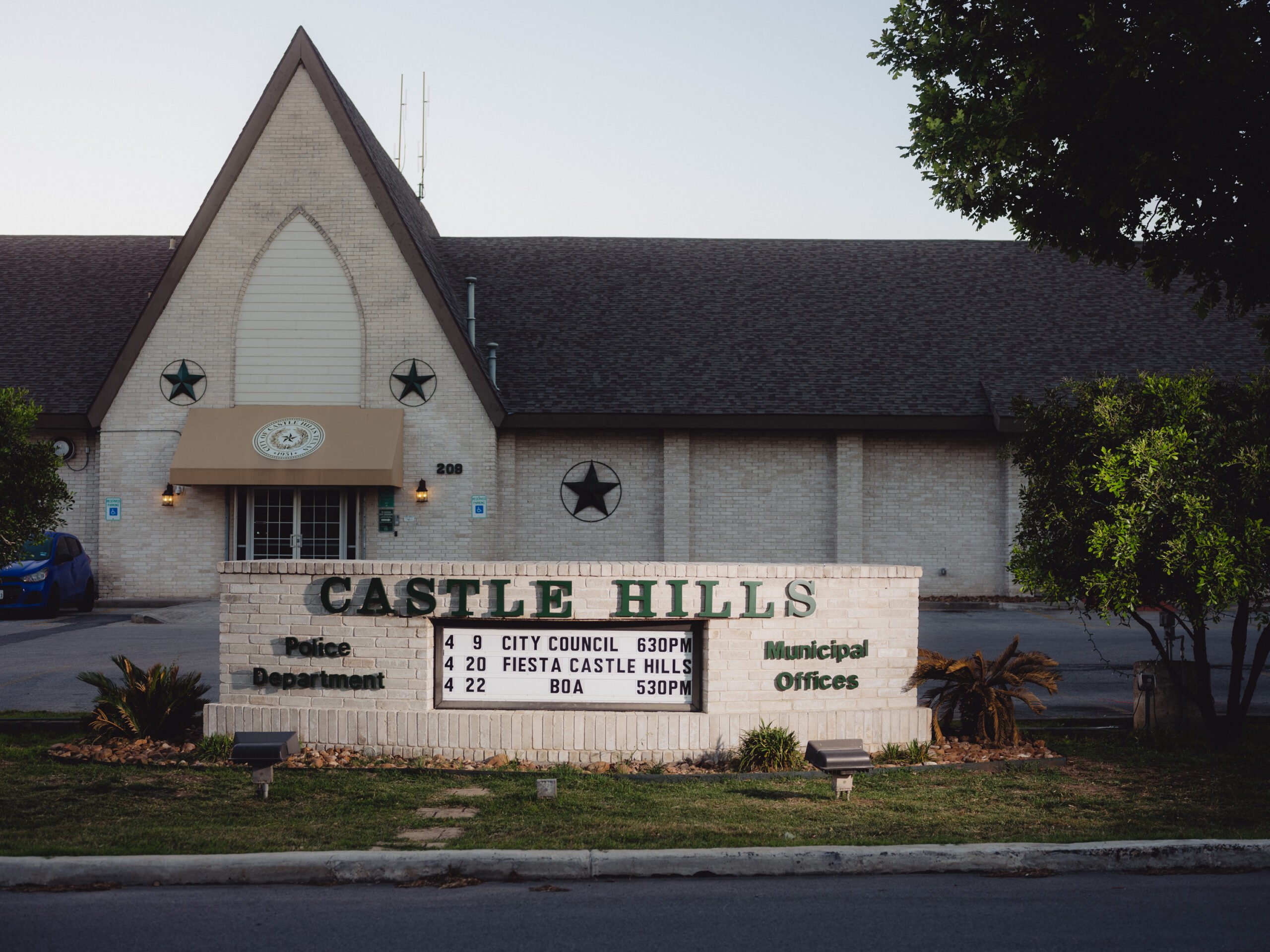ustxtxb_obs_1976_05_21_50_00006-00000_000.pdf
Page 8
pre-law? pre-pare. Improve your LSAT score with the proven prep course! 24 hours of classes taught by a qualified / . attorney. Learn critical timing techli t. niques, types of questions and how to mi c :7. answer them, plus valuable methods for squeezing out a few extra points. For more information, free brochure and registration form, write or call our office nearest you. AUSTIN AREA P. 0, Box 12092 Austin, Texas 78711 512-472-7800 LSAT REVIEW COURSE DALLAS-FT. WORTH 401 N, Interurban P. O. Drawer 1088 Richardson, Texas 75080 214-690-9689 HOUSTON AREA 3407 Montrose Suite 202 Houston, Texas 77006 713-524-5711 According to Day, the attending physician didn’t recommend hospitalization. “It was the mother who demanded she [the girl] be hospitalized,” the administrator said. “I personally handled this situation. “They did have Colorado state welfare,” Day said. “There was no means whatsoever to pay for this bill. She [the girl’s mother] was demanding hospitalization, not the physician. I’ve got a Colorado claim I’ve been trying to collect on for months with no result. They won’t even write.” According to Day, the county’s indigent medical care program wouldn’t cover the child’s hospital costs because she wasn’t a resident of Lamb County. Under county guidelines, the county pays 60 percent of hospital bills for patients who require immediate hospitalization. The hospital administrator said commissioners refused four months ago to pay a $1,000 hospitalization claim for two Mexican nationals who were badly burned on a farm near Littlefield. “This was after the county’s agent [Mrs. Frey of the welfare office] had approved it,” Day said. “It’s got to stop somewhere.” It’s got to stop somewhere. “It will take a long time,” said Sister Regina. “There is so much resistance to national health insurance. Of course, you have the doctors and the insurance companies against you. And many do benefit from this 6 The Texas Observer systemBlue Cross and Shield, the companies that do the data processing. But I am always amazed at the opposition because national health insurance so clearly works. All you have to do is look across the Canadian border. America is the only industrialized country without a health insurance system. “And when the opposition talks about cost, they never talk about what we are spending on health care now. We spend $118 billion a year for a system that doesn’t even work.” Using 1970 census figures and the results of her own research on lack of coverage among those at near poverty level, Sister Regina asserts that there are 2,239,300 Texans without health insurance. The coverage of those who do have it is frequently inadequate. Ten percent coverage is not unusual, she said. Sister Regina is capable of launching enthusiastically into an animated discussion of the different health insurance bills now in the congressional hopper. The doctors are pushing one bill, and the insurance companies another, and Sister Regina is happy to explain why either one would be a disaster. She favors the Health Security Act by Corman and Kennedy, the most comprehensive and expensive , of the plans. She discusses the political maneuvering on the bills with the zest of an old pro. Regina is one of the “Network Sisters.” They are the activist offshoot of the Na tional Association of Women Religious orders in the U.S. Four years ago, the Network Sisters, numbering about 200, decided to get directly involved in the political process. Each June they hold a lobby workshop session in Washington and then descend on the Congress. Regina recalled the year Sen. Edward Kennedy, who is generally behind the `.`good” health insurance bills, went off the track and was supporting a weak compromise version. “We set up a meeting with him and there was a photographer there and all. I guess he thought it was going to be a great publicity thing for him, because of course sisters would be expected to be supportive of a Kennedy. But when he came in, we really clobbered him.” She laughed with glee at the memory. “And he never did put out any pictures or press releases on that meeting.” Regina Foppe looks deceptively like a very kind woman who is fond of laughing. She is actually some form of natural force. In ‘addition to her duties as director of Social Action Services, she is the director of the Campaign for Human Development of the Amarillo Diocese \(Panhandle and South thesis in history at Texas Tech, serves on the Diocesan Council of Religious Women, the Sisters Senate, the Catholic Conference Urban Ministry, the Deaconate CommitteeAmarillo Diocese, the Sisters Legislative Seminar in Washington, the N.A.W.R., the Texas Catholic Conference as a delegate member, and the Texas Conference of Churches as a delegate. She is also a member of the advisory board on bilingual ‘ education of the Lubbock Independent School District \(in 1972 she spent the summer studying Spanish in CuerCouncil, part of the Common Cause telephone chain, a member of several historical associations and a representative on Lubbock’s Community Development Advisory Association. When something like the May, 1970, tornado disaster strikes Lubbock, Sister Regina simply takes on more respon-‘ sibilities. Sister Regina has also gotten into some spirited skirmishing with the church hierarchy. She testified at the Texas Catholic Conference in San Antonio in March and has been carrying on a battle to get her health-care resolution out of a conference committee she regards with less-than-loving spirit. For Sister Regina, it is incidents like the March rape of the three-year-old that fuel her implacable resolve to change the system. As the man said, it’s got to stop somewhere. M. 1.


